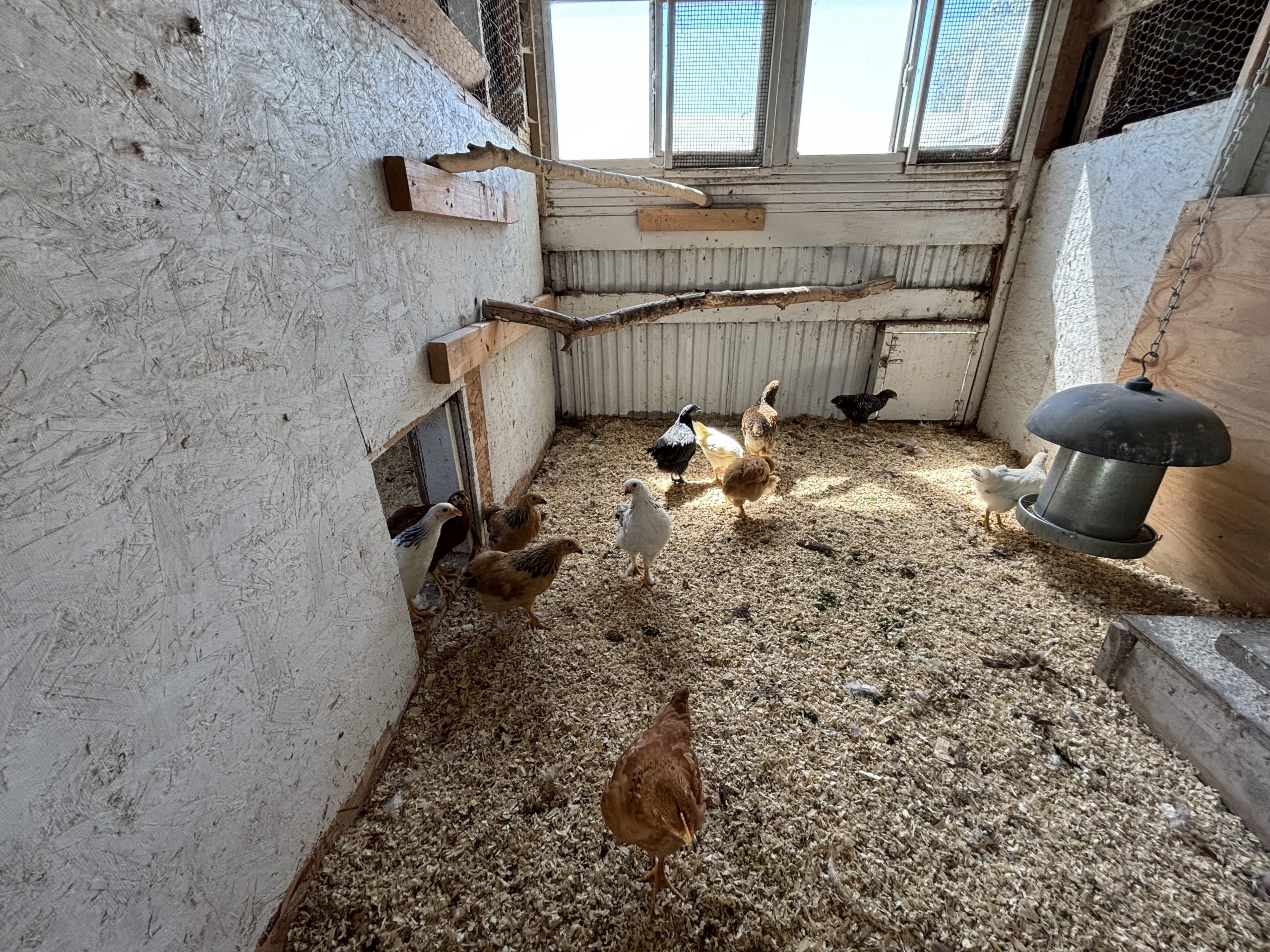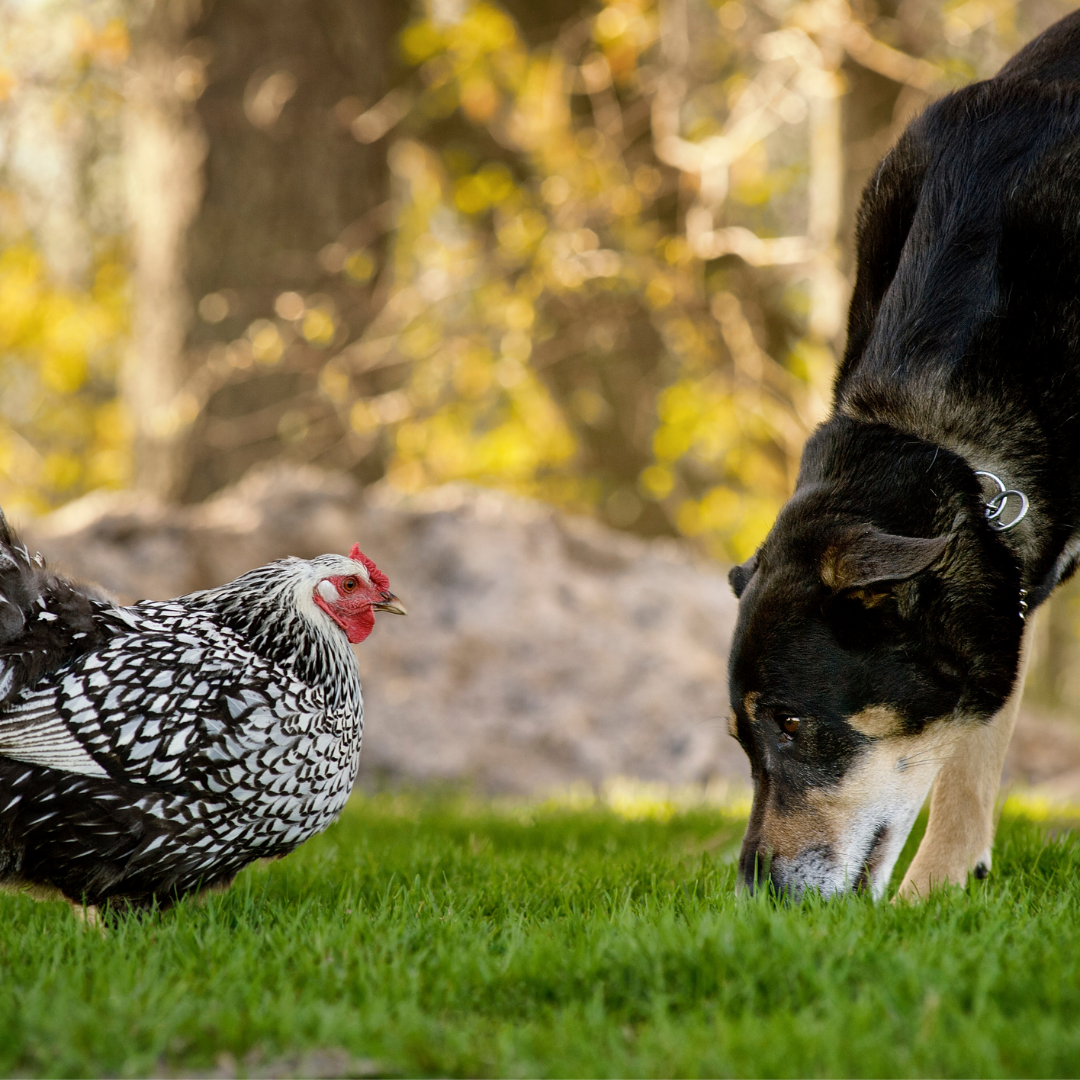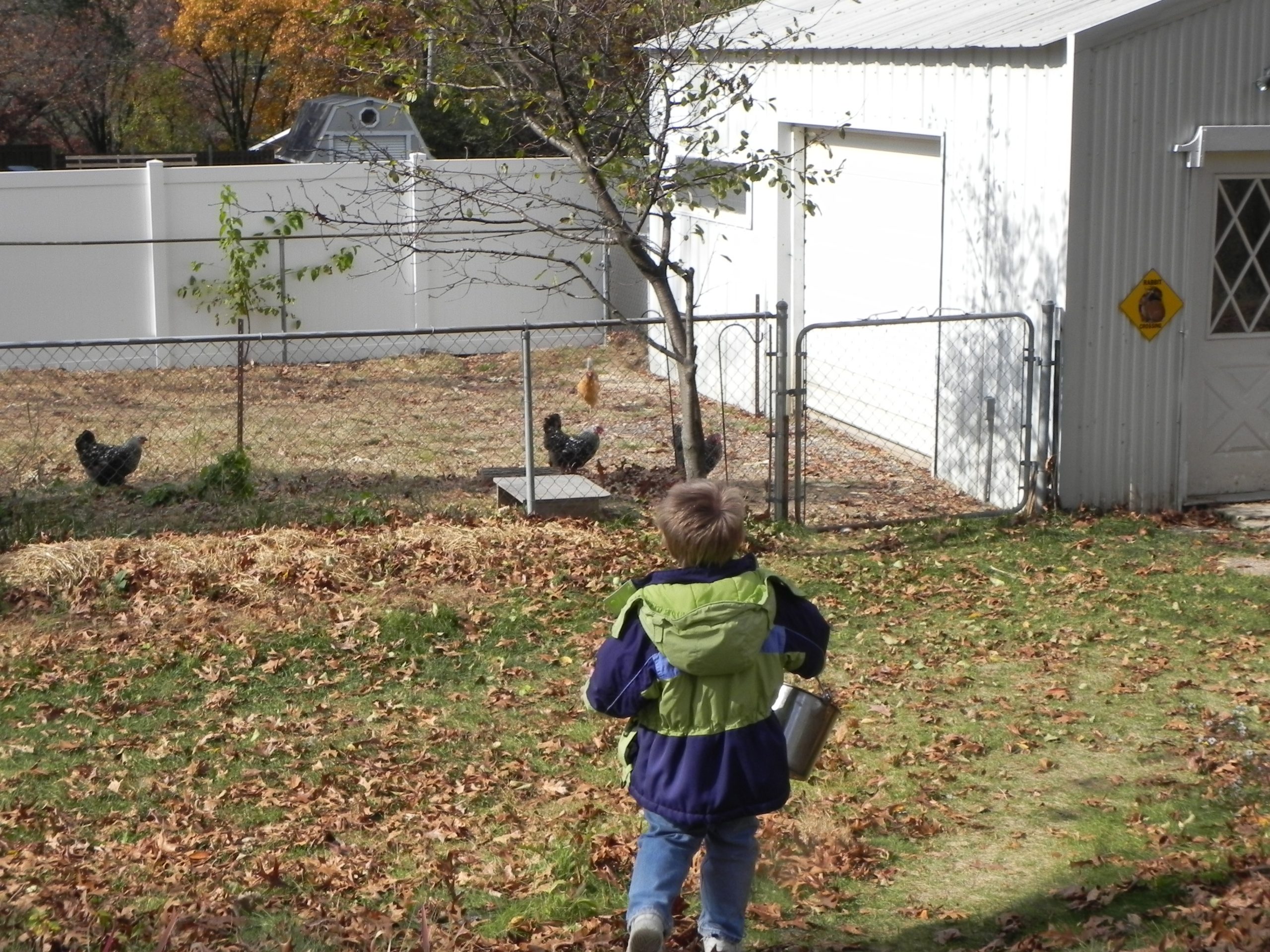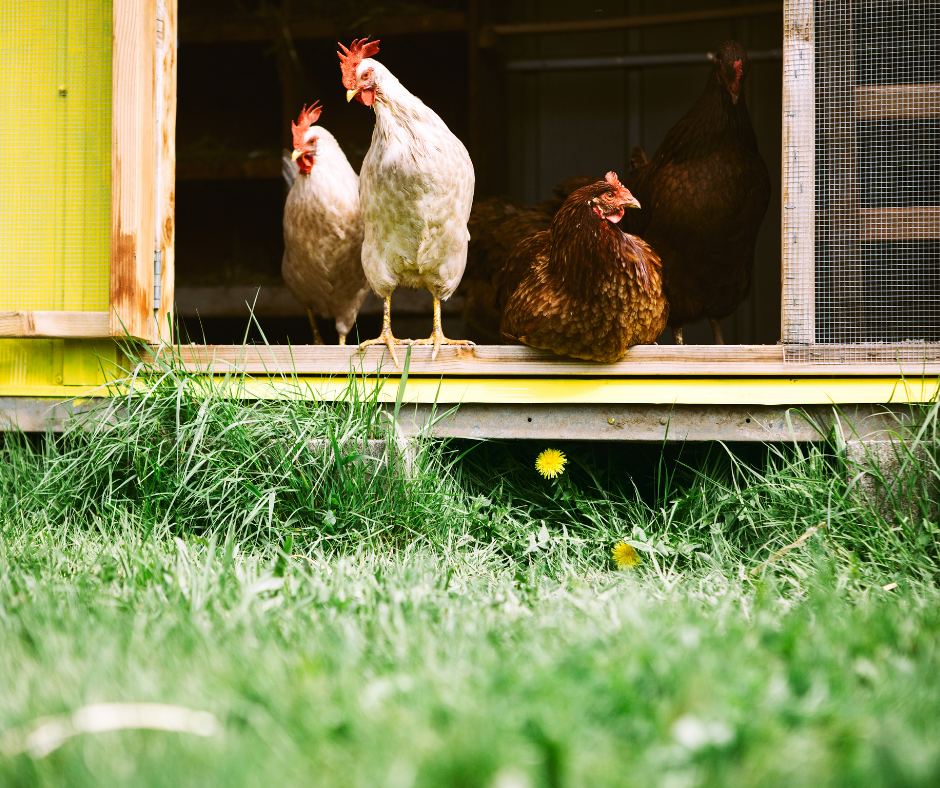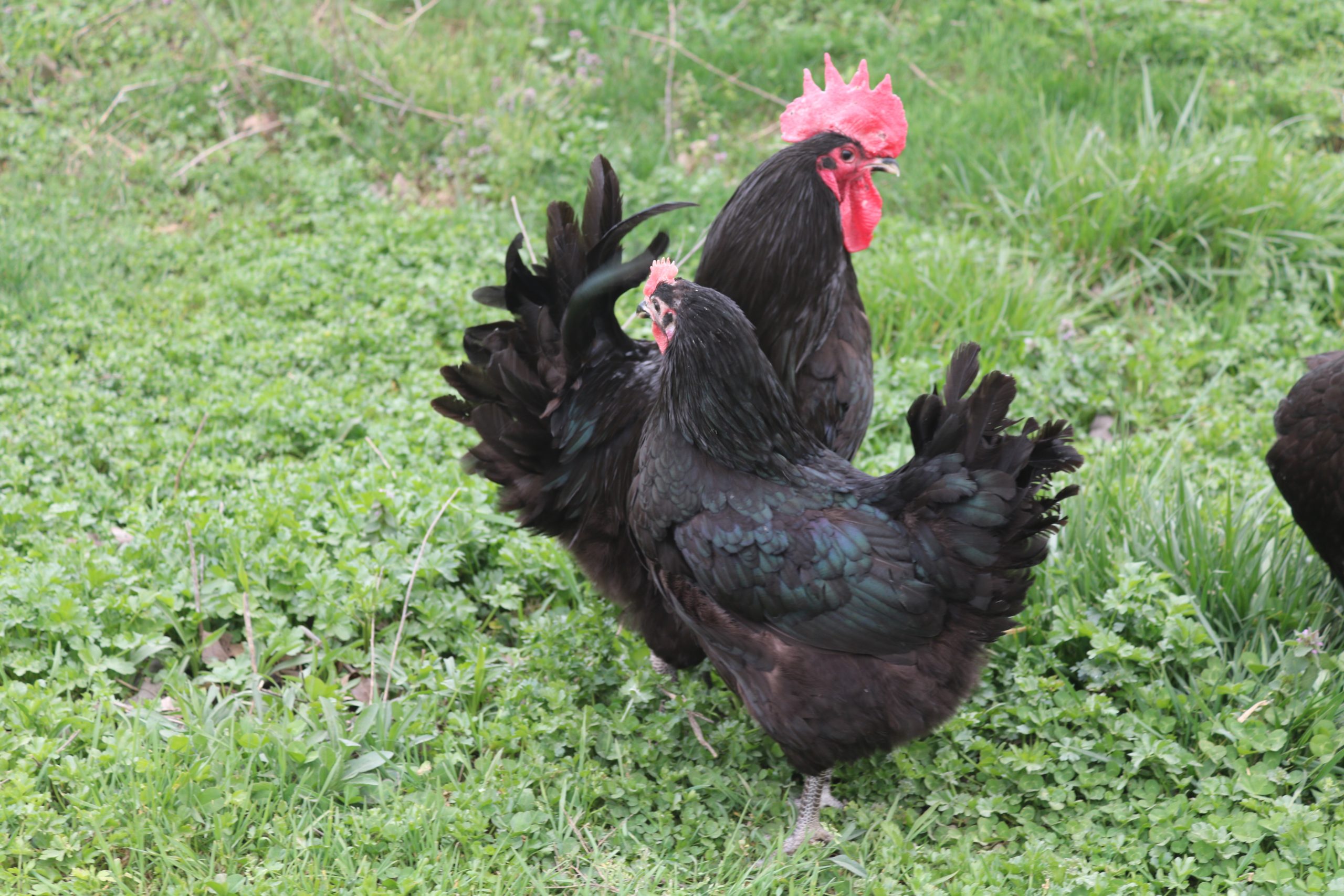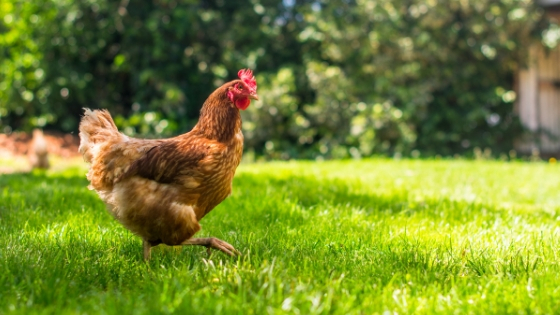Tending backyard chickens is both a delight and bargain Relative to the cost of buying and keeping a purebred dog or cat, chickens are equally fascinating animals that are relatively inexpensive to keep and come with a bonus Fresh eggs!
Just what does it cost to raise a clutch of chicks to the laying stage? How can that cost be reduced?
Marion and Rich Patterson decided to keep track of costs They already had feeders, waterers, brooders, and a coop, so the costs listed below are the consumable ones for raising chicks to 20 weeks That’s about when they start laying

